
Couva: The Heartbeat of Trinidad's Cultural and Natural Splendor
Couva, a charming town on the western coast of Trinidad, is a delightful blend of culture, history, and natural beauty. Nestled between the bustling cities of Port of Spain and San Fernando, Couva offers a serene escape with its warm hospitality and vibrant local life. Known for its sugarcane fields and petrochemical industries, this town has grown into a hub of activity while retaining its unique character and charm. Visitors to Couva can immerse themselves in the local culture by visiting the Couva Joylanders Steel Orchestra, where the sounds of steelpan music fill the air with rhythm and joy. The annual Couva Carnival is another highlight, showcasing colorful parades, lively music, and traditional dances that celebrate the rich heritage of Trinidad and Tobago. For nature enthusiasts, the Point Lisas Swamp and Caroni Swamp are nearby, offering birdwatching opportunities and boat tours through mangrove forests, where you can spot the vibrant Scarlet Ibis. Couva is also home to the Ato Boldon Stadium, a prominent sports venue named after one of Trinidad and Tobago's most famous athletes. Whether you're a sports fan or simply looking to enjoy a local sporting event, the stadium is a great place to catch a cricket match or a football game. With its blend of cultural experiences, outdoor adventures, and friendly locals, Couva is a must-visit destination for anyone looking to explore the diverse offerings of Trinidad and Tobago.
Local tips in Couva
- Visit during Couva Carnival to experience the vibrant local culture and festivities.
- Don't miss a tour of the Point Lisas Swamp for a chance to see the Scarlet Ibis in its natural habitat.
- Catch a local cricket or football match at the Ato Boldon Stadium for a taste of the local sports scene.
- Explore the Couva Joylanders Steel Orchestra for an authentic steelpan music experience.
- Sample local cuisine at street vendors and small eateries to get a taste of traditional Trinidadian flavors.
Couva: The Heartbeat of Trinidad's Cultural and Natural Splendor
Couva, a charming town on the western coast of Trinidad, is a delightful blend of culture, history, and natural beauty. Nestled between the bustling cities of Port of Spain and San Fernando, Couva offers a serene escape with its warm hospitality and vibrant local life. Known for its sugarcane fields and petrochemical industries, this town has grown into a hub of activity while retaining its unique character and charm. Visitors to Couva can immerse themselves in the local culture by visiting the Couva Joylanders Steel Orchestra, where the sounds of steelpan music fill the air with rhythm and joy. The annual Couva Carnival is another highlight, showcasing colorful parades, lively music, and traditional dances that celebrate the rich heritage of Trinidad and Tobago. For nature enthusiasts, the Point Lisas Swamp and Caroni Swamp are nearby, offering birdwatching opportunities and boat tours through mangrove forests, where you can spot the vibrant Scarlet Ibis. Couva is also home to the Ato Boldon Stadium, a prominent sports venue named after one of Trinidad and Tobago's most famous athletes. Whether you're a sports fan or simply looking to enjoy a local sporting event, the stadium is a great place to catch a cricket match or a football game. With its blend of cultural experiences, outdoor adventures, and friendly locals, Couva is a must-visit destination for anyone looking to explore the diverse offerings of Trinidad and Tobago.
When is the best time to go to Couva?
Iconic landmarks you can’t miss
San Fernando Hill
Discover the natural beauty and breathtaking views at San Fernando Hill, a serene park and tourist attraction in Trinidad, perfect for relaxation and exploration.
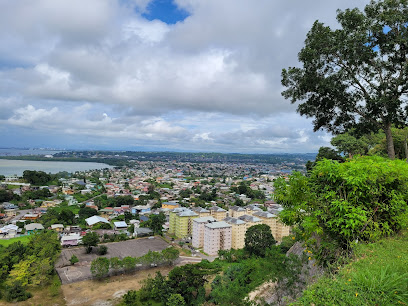
La Vega Estate
Discover the natural beauty and tranquility of La Vega Estate, a premier nature preserve in Gran Couva, Trinidad, perfect for relaxation and exploration.
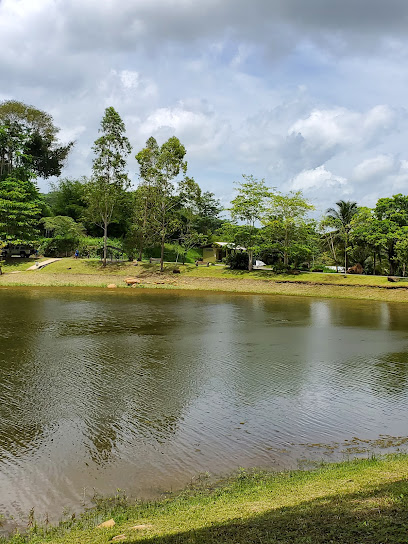
Touch n Taste
Discover the vibrant flavors of Trinidad at Touch n Taste, where every dish tells a story of culinary excellence and local tradition.
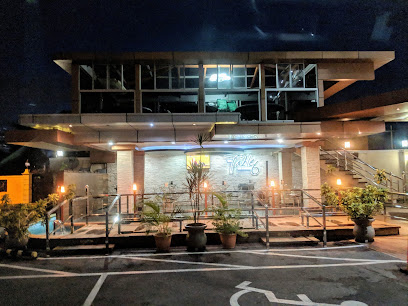
Lopinot Historical Complex
Discover the Lopinot Historical Complex, a captivating blend of Trinidad's colonial past and vibrant culture, perfect for history lovers and culture seekers.
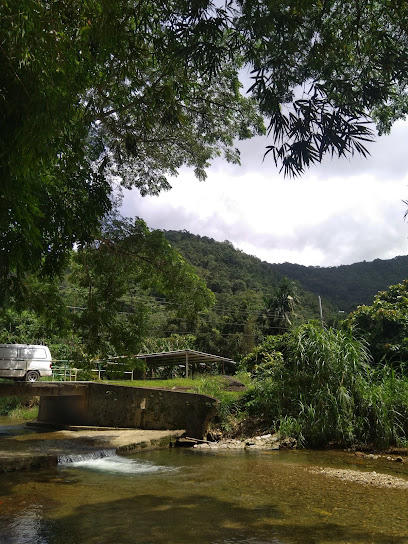
Roystonia
Explore the serene housing development of Roystonia in Couva, Trinidad, where local culture and lush greenery offer a unique travel experience.
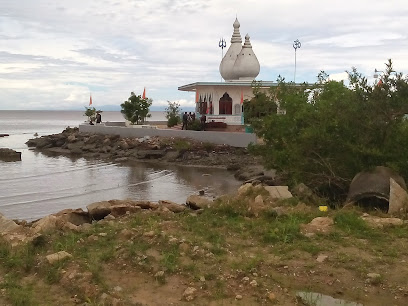
Kazza Pot & Kettle
Discover the vibrant flavors of Trinidad at Kazza Pot & Kettle, the premier halal restaurant in Couva that promises an unforgettable dining experience.
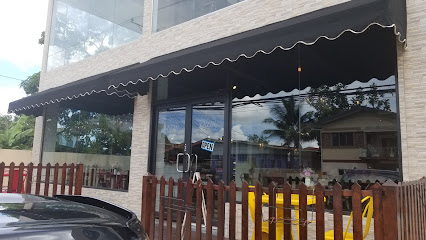
Couva Shopping Complex
Discover the Couva Shopping Complex, Trinidad's vibrant shopping destination filled with diverse shops, delicious dining, and lively community events.
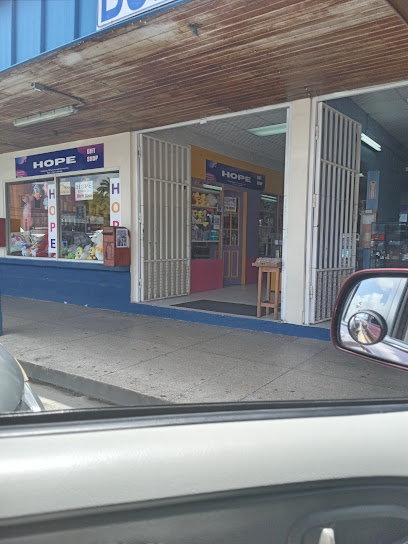
JZZ's
Discover the delectable steaks and inviting atmosphere at JZZ's, a must-visit steakhouse in Couva, Trinidad and Tobago.
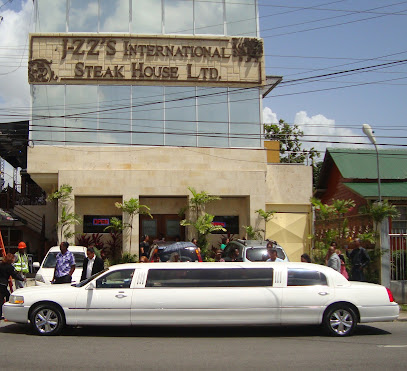
Garam Masala Indian Restaurant
Discover authentic Indian flavors at Garam Masala Indian Restaurant in Couva, Trinidad, where every dish tells a story.
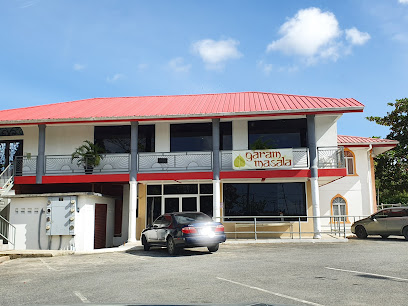
Couva Market
Discover the authentic Trinidadian experience at Couva Market, a vibrant hub for local produce, crafts, and culture in the heart of Couva.
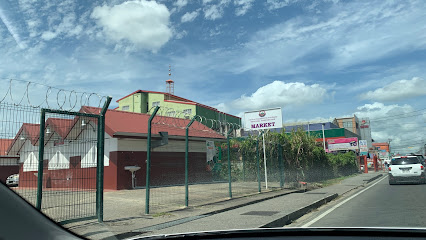
Hidden Cabin
Discover Hidden Cabin Bar in Couva, where vibrant drinks and a cozy atmosphere create the perfect escape for tourists.
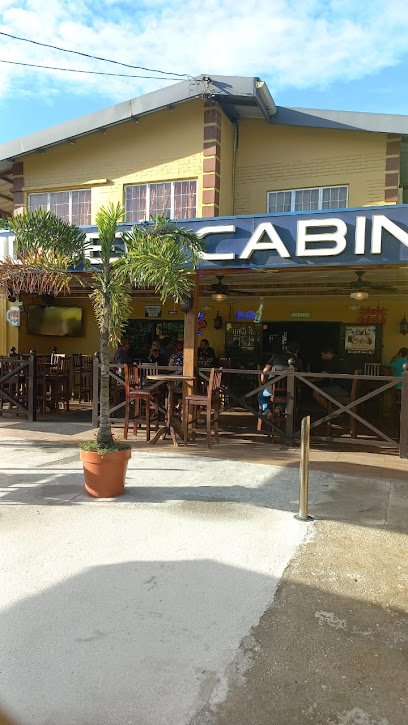
Sandy Hill Nature Park
Immerse yourself in the natural beauty and wildlife of Sandy Hill Nature Park, a serene escape in Freeport, perfect for nature lovers and outdoor enthusiasts.
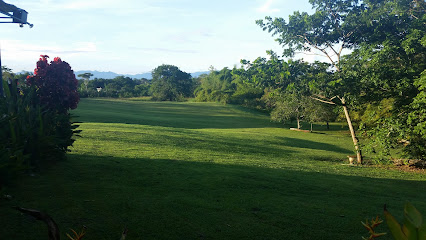
Amanti del caffè
Discover the essence of Trinidadian coffee culture at Amanti del Caffè, where quality brews and a cozy atmosphere await every coffee lover.
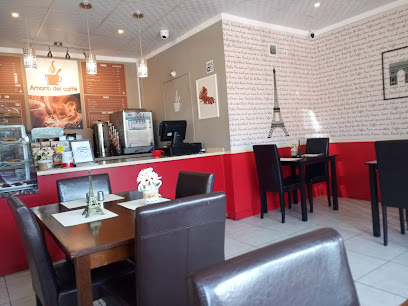
PAWI’S Barbershop
Discover the essence of Trinidadian culture at PAWI’s Barbershop in Couva, where skilled barbers and a warm atmosphere await.
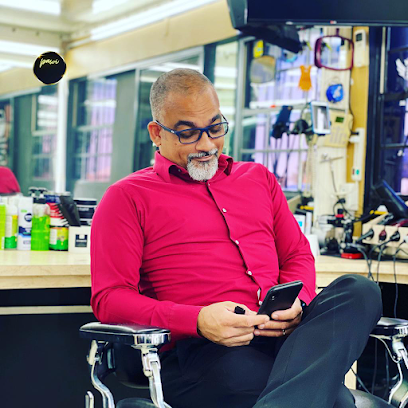
Neesha Sawh's Bar
Experience the vibrant spirit of Couva at Neesha Sawh's Bar, where Caribbean nightlife comes alive with great drinks and friendly faces.
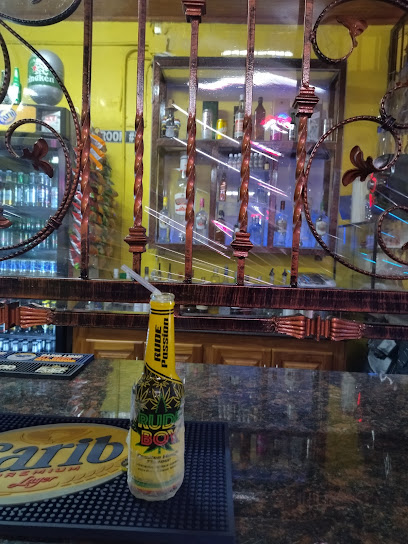
Unmissable attractions to see
Queen's Park Savannah
Discover the enchanting Queen's Park Savannah, a vibrant oasis in Port of Spain blending lush landscapes with rich cultural experiences.
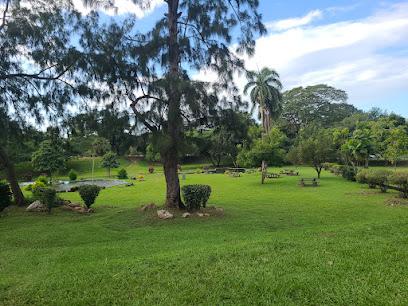
Maracas Beach
Explore the breathtaking beauty of Maracas Beach, a stunning tropical haven perfect for relaxation, adventure, and savoring local flavors.
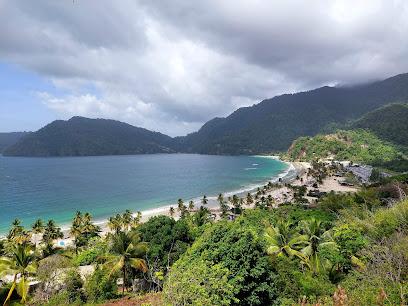
Royal Botanic Gardens
Discover the serene beauty of the Royal Botanic Gardens in Port of Spain, a lush sanctuary filled with vibrant flora and rich biodiversity.
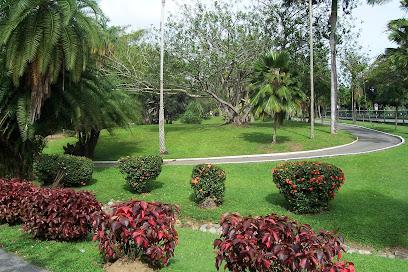
Palmiste Park
Discover tranquility and vibrant nature at Palmiste Park, a scenic oasis in San Fernando, perfect for families and nature lovers seeking relaxation.
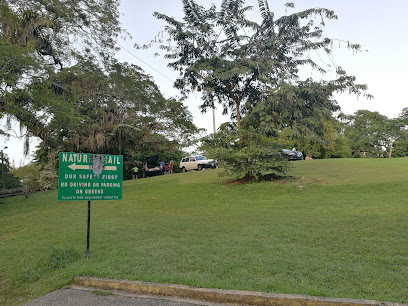
San Fernando Hill
Discover the natural beauty and rich history of San Fernando Hill, a stunning national park offering breathtaking views and serene hiking trails.
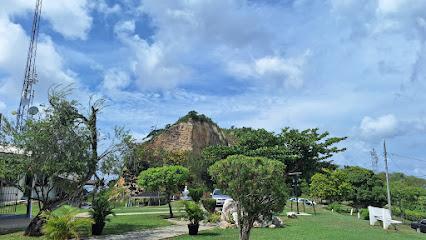
Las Cuevas Beach
Discover the serene beauty of Las Cuevas Beach in Trinidad, where golden sands meet azure waters for the ultimate tropical escape.

Chaguaramas Boardwalk
Experience the beauty and tranquility of Chaguaramas Boardwalk, where nature meets culture in the heart of Trinidad and Tobago.
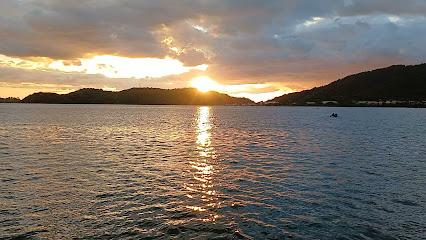
Caroni Bird Sanctuary
Experience the breathtaking beauty and rich biodiversity of Caroni Bird Sanctuary, a premier location for birdwatching and nature exploration in Trinidad.
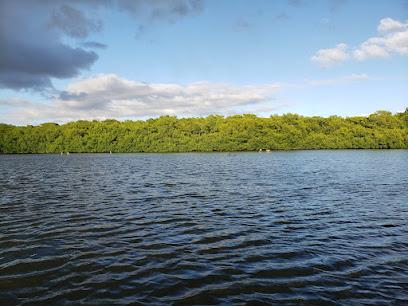
Lady Young Road Lookout
Experience stunning panoramic views and tranquil surroundings at Lady Young Road Lookout, a scenic gem in Port of Spain, Trinidad.
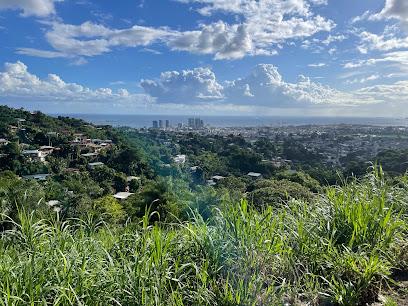
Brooklyn Bar
Experience the vibrant nightlife of Port of Spain at Brooklyn Bar, where locals and tourists gather to enjoy drinks, music, and Caribbean culture.
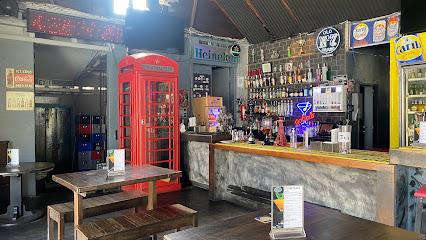
Pitch Lake
Explore Pitch Lake, a natural wonder in Trinidad showcasing the largest asphalt deposit in the world amidst stunning landscapes and rich biodiversity.
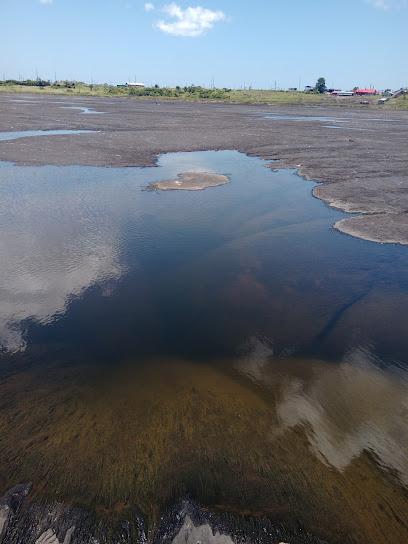
Lopinot Historical Complex
Explore the Lopinot Historical Complex, where Trinidad's vibrant history and stunning architecture come together in a captivating cultural experience.
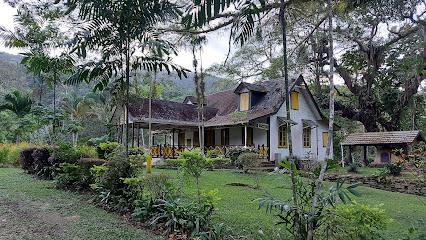
Fort George
Discover Fort George in Port of Spain, Trinidad – a historic site offering stunning views and a journey through the island's colonial past.
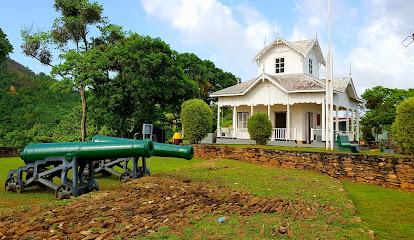
La Vigie Paramin Lookout
Discover stunning vistas and serene sunsets at La Vigie Paramin Lookout, a must-visit scenic spot in Trinidad, perfect for photography and relaxation.
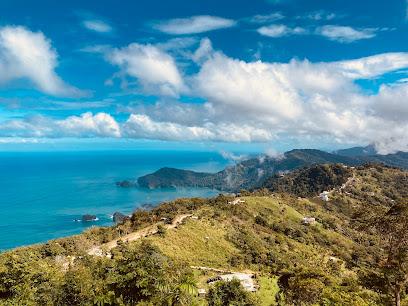
Shark River
Experience the stunning natural beauty and diverse wildlife of Shark River, a hidden gem in Trinidad ideal for nature lovers and adventure seekers.
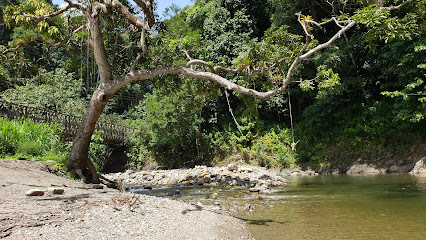
Essential places to dine
Touch n Taste
Experience the rich flavors of Trinidad at Touch n Taste, where every dish tells a story and every meal is a celebration.
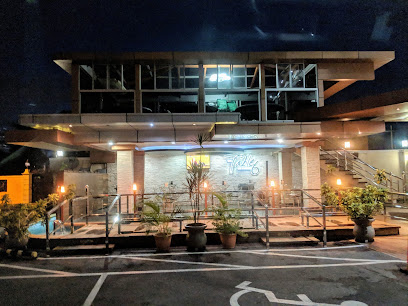
Baltarzzar Thai Fusion Restaurant
Savor the essence of Thailand at Baltarzzar Thai Fusion Restaurant - where authentic flavors meet modern culinary artistry.
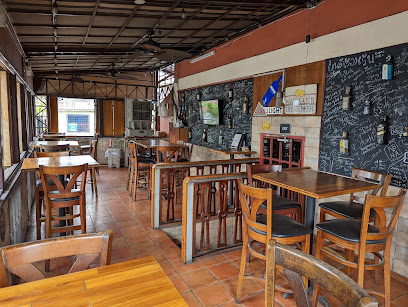
D'Cabin
Discover the irresistible flavors of D'Cabin in Couva - where every bite of our famous fried chicken takes you on a delicious journey.
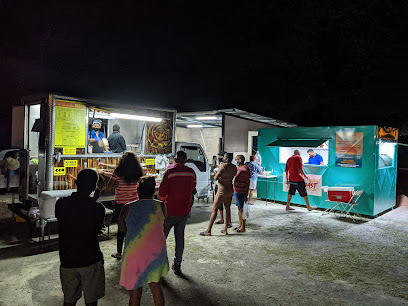
JZZ's
Experience the ultimate steak indulgence at JZZ's in Couva - where flavor meets hospitality.
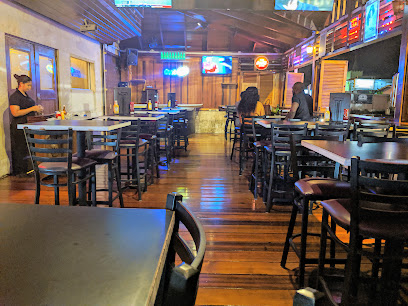
Asha's Bake & Shark Ltd
Discover authentic Trinidadian cuisine at Asha's Bake & Shark Ltd in Couva - home of the famous bake and shark.
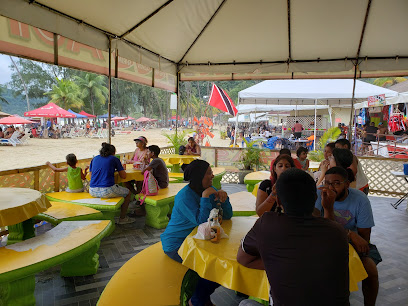
Garam Masala Indian Restaurant
Discover authentic Indian cuisine at Garam Masala Indian Restaurant in Couva – a must-visit dining destination for flavor enthusiasts.
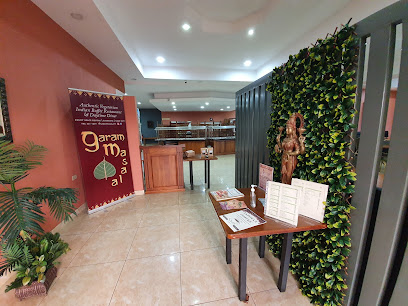
Coal Hut Grill
Discover authentic Trinidadian barbecue at Coal Hut Grill in Couva - where flavor meets tradition in every bite.
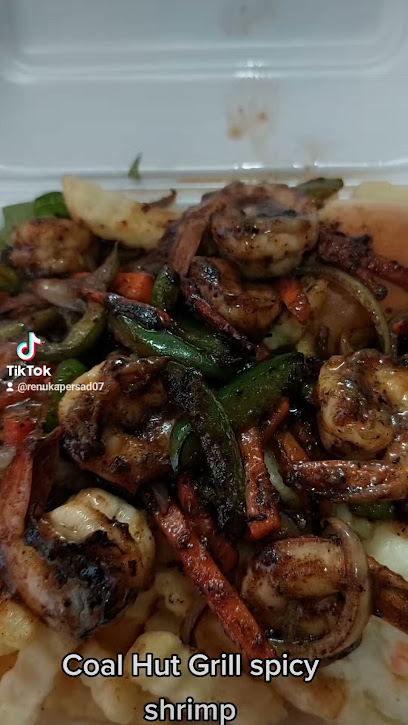
Toni's Grill
Discover authentic Trinidadian cuisine at Toni's Grill in Couva - where local flavors meet a welcoming atmosphere.
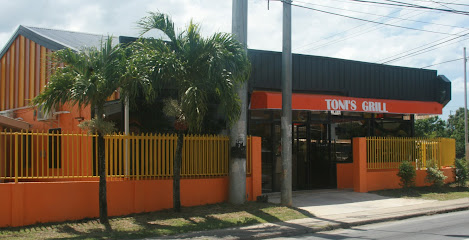
Ultimate Rush Bar and Grill
Savor the vibrant flavors of Trinidad at Ultimate Rush Bar and Grill – where culinary excellence meets lively atmosphere.
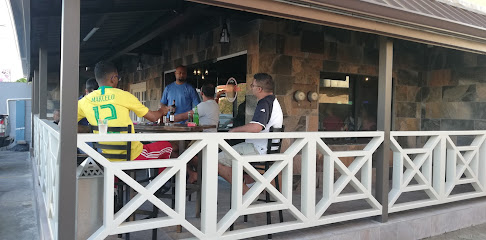
Lady Gaye Restaurant
Experience authentic Caribbean cuisine at Lady Gaye Restaurant in Couva - where every dish tells a story.
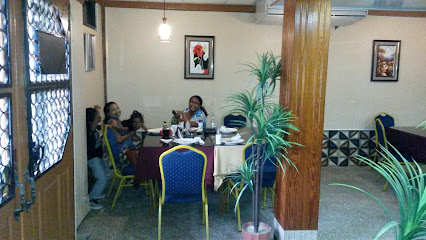
Full Barrel Sports Bar
Discover the vibrant atmosphere and delicious offerings at Full Barrel Sports Bar in Couva - perfect for food lovers and sports enthusiasts.
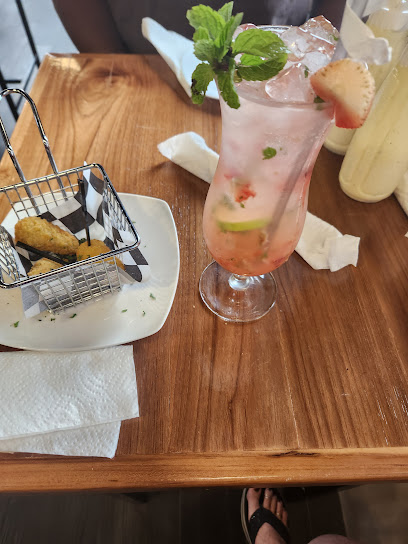
Roti Plus
Discover the authentic flavors of Trinidad at Roti Plus in Couva – where every bite tells a story.
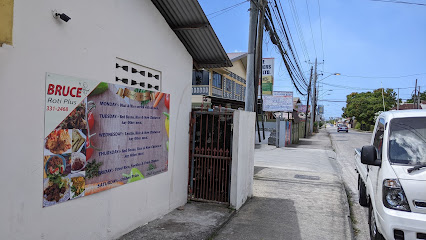
Khadeeja's Grill
Experience authentic Caribbean grilling at Khadeeja's Grill in Couva - where every bite tells a story.
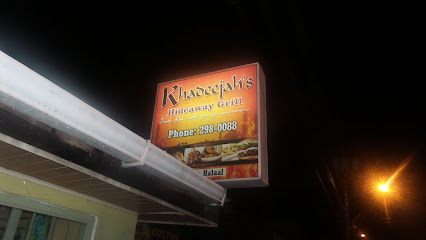
Quan Kep's Pork Shed Couva
Experience authentic Trinidadian flavors at Quan Kep's Pork Shed Couva – where every bite tells a story.
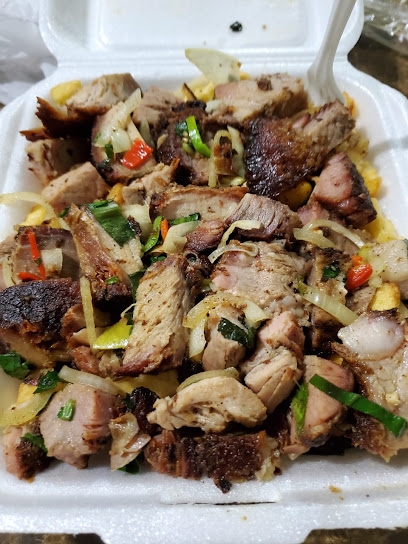
Majoud’s Gyro & Arabic Food
Experience authentic Halal cuisine at Majoud's Gyro & Arabic Food in Couva – where every dish tells a story of tradition and flavor.
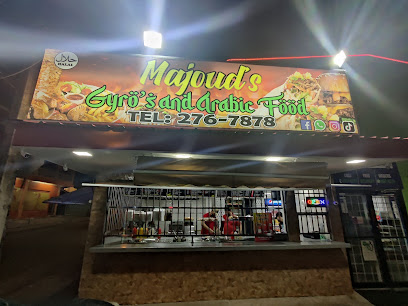
Markets, malls and hidden boutiques
Couva Shopping Complex
Discover the Couva Shopping Complex: Your gateway to shopping, dining, and local culture in Trinidad.
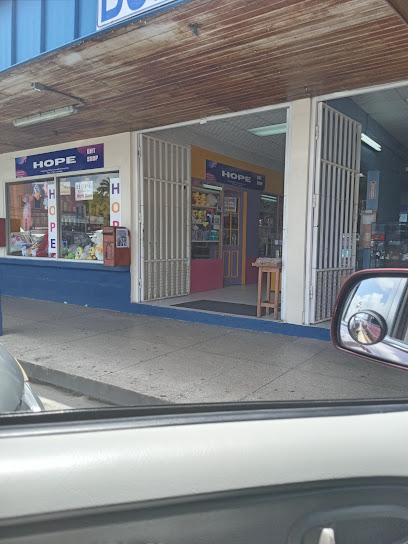
Kootis Couture
Discover Kootis Couture for exquisite formal wear and bridal attire in Couva, where elegance meets style for every special occasion.
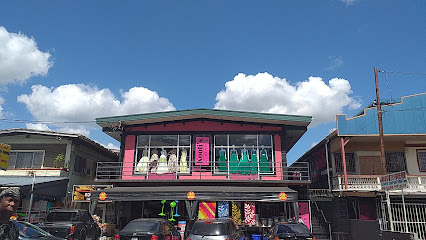
The Vape Shop - Mc Bean Village Couva
Explore high-quality vaporizers and e-liquids at The Vape Shop in Mc Bean Village Couva, a must-visit for vaping enthusiasts in Trinidad and Tobago.
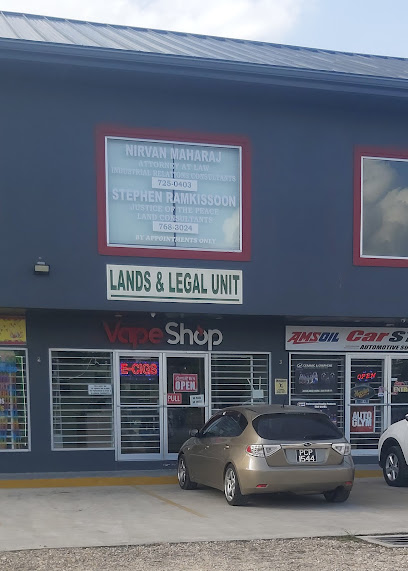
Unique Books and Sports Centre Couva
Discover a world of literature and sports at the Unique Books and Sports Centre in Couva, Trinidad, where every visit is an adventure.
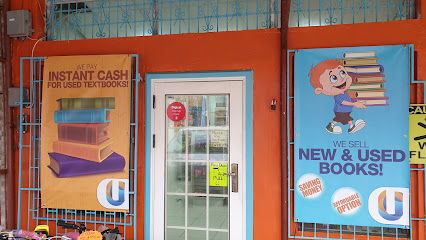
Pinkswan Fashionstt
Experience the vibrant styles at Pinkswan Fashions, a premier clothing store in Couva, Trinidad and Tobago, offering unique apparel for every occasion.
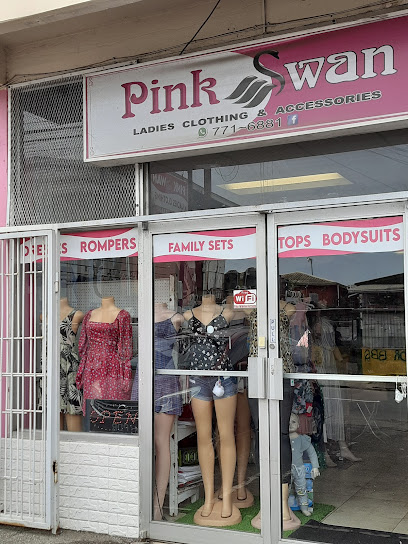
Ten Dollar Stop / Home Decor
Explore Ten Dollar Stop in Couva for unique home decor, gifts, and local treasures that embody the spirit of Trinidad.
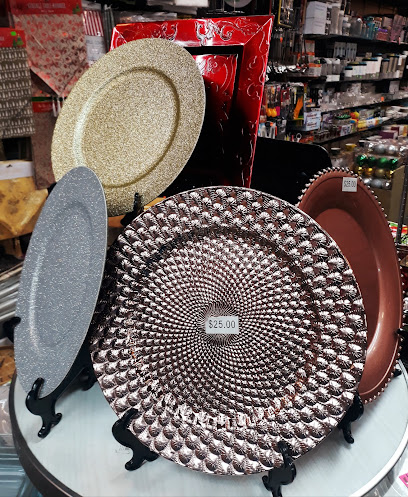
The Pup Shack Limited | Pet Boutique
Explore The Pup Shack Limited in Couva, your ultimate destination for premium pet products and exceptional service in Trinidad.
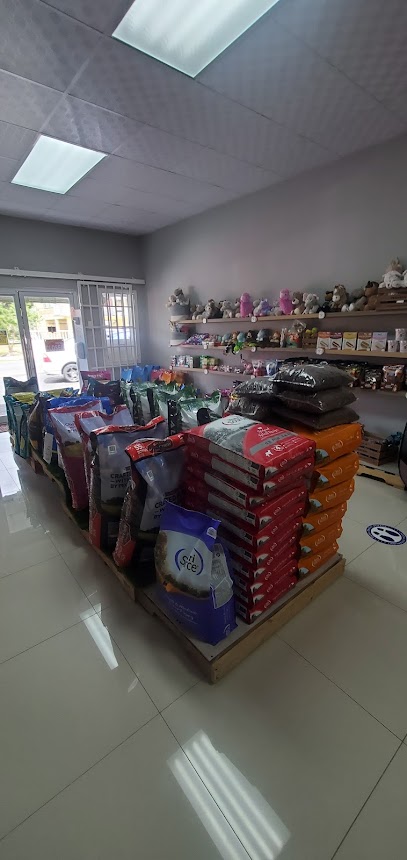
Rattan's Freezone
Explore Rattan's Freezone in Couva for the best in local clothing styles and unique fashion finds during your Trinidad and Tobago adventure.
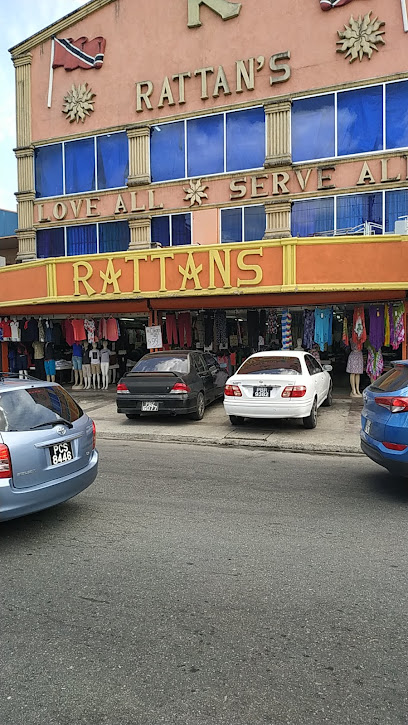
Petra's Hair and Clothing
Explore Petra's Hair and Clothing in Couva for unique styles and accessories that celebrate Trinidad's vibrant culture and fashion.
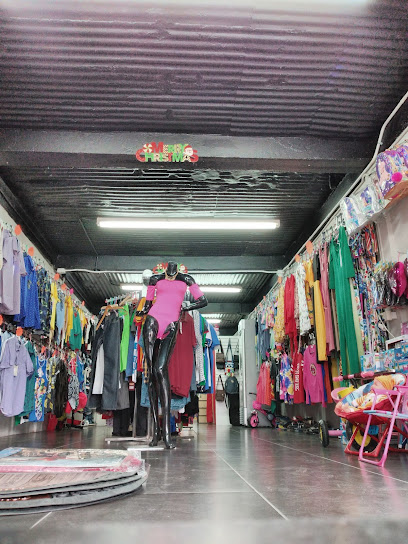
E Shine
Discover local treasures at E Shine, Couva's favorite variety store for everyday essentials and unique souvenirs.

Five and Up Couva
Experience the best of shopping at Five and Up Couva, your go-to destination for household goods and local products in Trinidad.

Anessa's Gift Centre
Explore the vibrant offerings at Anessa's Gift Centre in Couva, Trinidad, where local crafts and friendly service await every traveler.

Modern Jewel Accessory Shop
Explore the Modern Jewel Accessory Shop in Couva for unique fashion accessories, baby products, and vibrant party supplies that capture the spirit of Trinidad.
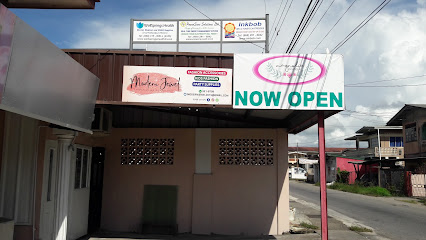
Convenient Café Shopping Centre
Experience the best of shopping and dining at the Convenient Café Shopping Centre in Couva, Trinidad - a must-visit destination for every traveler.
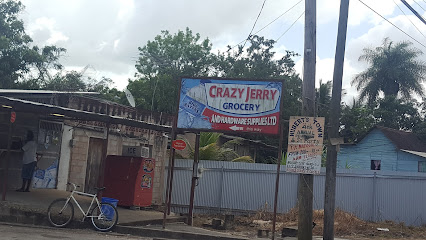
Learning Essentials Stationery & Gifts
Discover a treasure trove of school supplies and unique gifts at Learning Essentials Stationery & Gifts in Couva, perfect for families and travelers alike.

Essential bars & hidden hideouts
The MiniBar
Experience the vibrant flavors of Couva at The MiniBar, where grilled perfection meets a lively bar atmosphere for an unforgettable dining adventure.
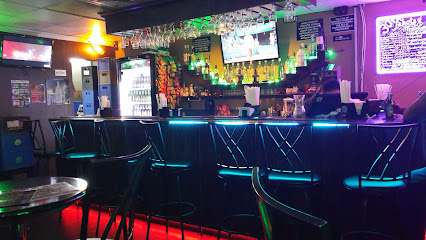
Peru's Bar
Experience the lively atmosphere at Peru's Bar in Couva, a perfect spot for refreshing drinks and local cuisine amidst a welcoming Caribbean vibe.
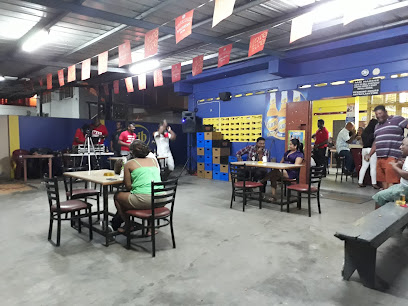
Green Door Bar
Discover the lively atmosphere of Green Door Bar in Couva, Trinidad – an ideal spot for drinks, music, and local culture.
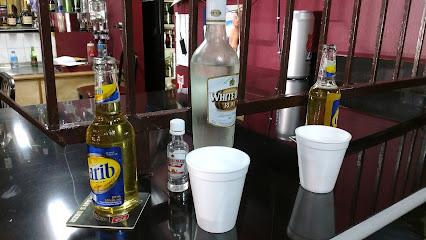
Neesha Sawh's Bar
Discover Neesha Sawh's Bar in Couva - where vibrant local culture meets refreshing drinks and friendly faces, perfect for every traveler.
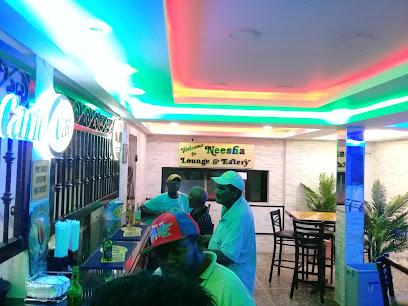
The Bamboo Restuarant & Bar
Experience vibrant sports culture and delightful dining at The Bamboo Restaurant & Bar in Couva, Trinidad and Tobago.
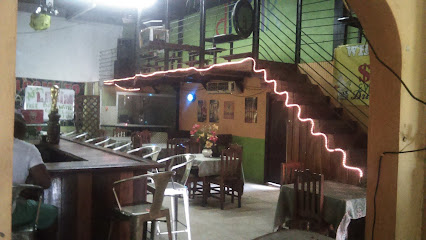
Bear Feelings Sports Bar
Discover the vibrant atmosphere of Bear Feelings Sports Bar in Couva, where sports, great food, and good company come together for an unforgettable experience.
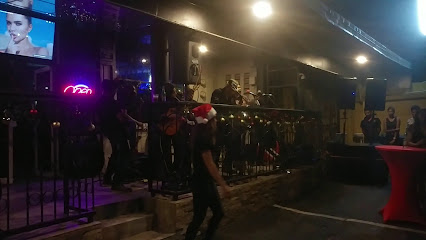
Lolita’s bar
Experience the lively spirit of Trinidad at Lolita’s Bar, where great drinks and vibrant atmosphere come together for an unforgettable night out.
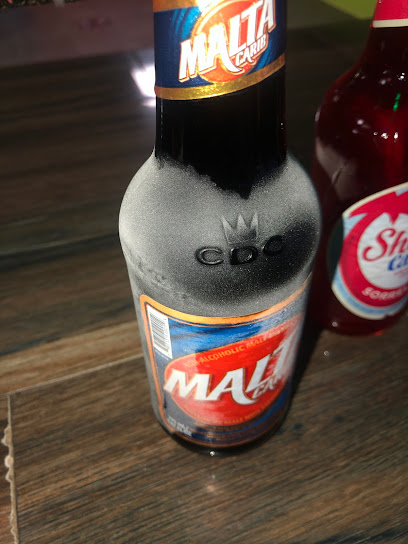
Full Barrel Sports Bar
Discover the vibrant atmosphere and delicious grilled cuisine at Full Barrel Sports Bar in Couva, perfect for sports lovers and food enthusiasts alike.
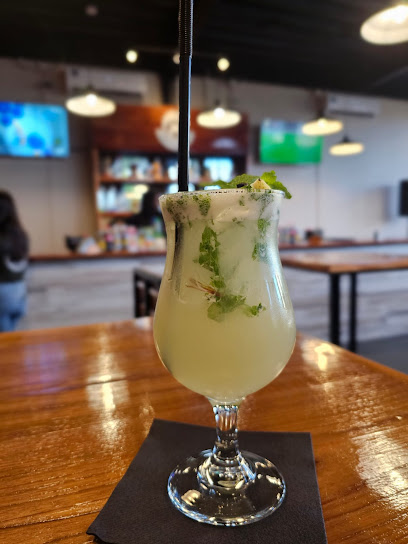
40oz Lounge
Discover the vibrant nightlife at 40oz Lounge, a lively bar in Couva offering delicious drinks and a lively atmosphere perfect for socializing.
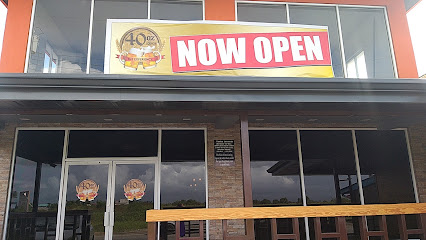
C1 Sports bar and lounge
Experience the vibrant atmosphere of C1 Sports Bar and Lounge in Couva, Trinidad, where delicious food and refreshing drinks meet live sports and friendly faces.

Popeye & Vanessa Bar
Experience the vibrant atmosphere of Popeye & Vanessa Bar in Couva, Trinidad, where local flavors and refreshing drinks come together.

Central Sports Bar
Discover the lively Central Sports Bar in Couva, where sports, drinks, and good vibes come together for an unforgettable night out.
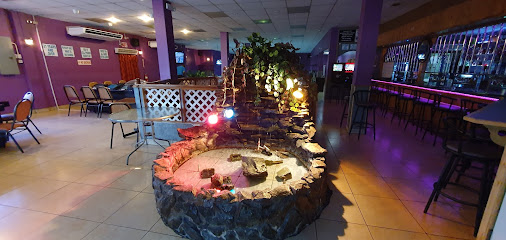
Special Brew Sports Bar & Lounge
Experience vibrant nightlife and local flavors at Special Brew Sports Bar & Lounge in Couva, a perfect spot to unwind with friends and enjoy refreshing drinks.
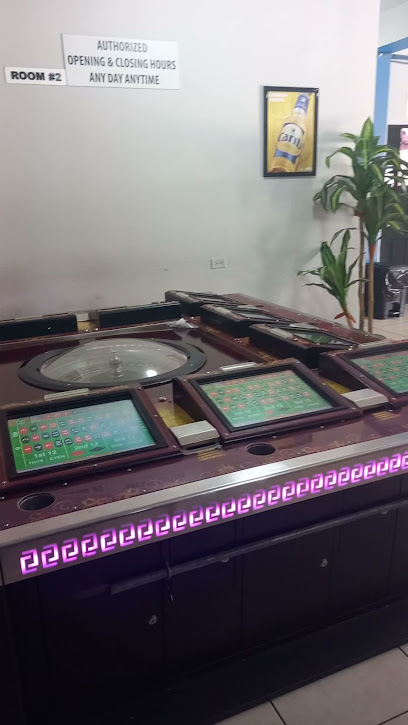
Renaissance Sports Bar
Experience the vibrant nightlife at Renaissance Sports Bar in Couva, where local culture meets a lively atmosphere and delicious drinks.

Local Phrases
-
- HelloWa goin on
[wah goin on] - GoodbyeLater
[lay-tah] - YesYes
[yes] - NoNah
[nah] - Please/You're welcomePlease/No problem
[pleez/no prob-lem] - Thank youTank yuh
[tank yuh] - Excuse me/SorryExcuse me/Sorry
[excuse me/sor-ree] - How are you?How yuh doin?
[how yuh doin] - Fine. And you?Ah good. An yuh?
[ah good. an yuh] - Do you speak English?Yuh speak English?
[yuh speak english] - I don't understandI eh understand
[i eh understand]
- HelloWa goin on
-
- I'd like to see the menu, pleaseLemme see de menu, please
[lem-mi see de menu, please] - I don't eat meatI eh eat meat
[i eh eat meat] - Cheers!Cheers!
[cheers] - I would like to pay, pleaseLemme pay nah
[lem-mi pay nah]
- I'd like to see the menu, pleaseLemme see de menu, please
-
- Help!Help!
[help] - Go away!Go away!
[go away] - Call the Police!Call de Police!
[call de police] - Call a doctor!Call ah doctor!
[call ah doctor] - I'm lostI lost
[i lost] - I'm illI sick
[i sick]
- Help!Help!
-
- I'd like to buy...I want to buy...
[i want to buy] - I'm just lookingI just lookin
[i just lookin] - How much is it?How much dat is?
[how much dat is] - That's too expensiveDat too much money
[dat too much money] - Can you lower the price?Yuh could drop de price?
[yuh could drop de price]
- I'd like to buy...I want to buy...
-
- What time is it?Wah time it is?
[wah time it is] - It's one o'clockIs one o'clock
[is one o'clock] - Half past (10)Half ten
[half ten] - MorningMornin
[mornin] - AfternoonAfternoon
[afternoon] - EveningEvenin
[evenin] - YesterdayYesterday
[yesterday] - TodayToday
[today] - TomorrowTomorrow
[tomorrow] - 1One
[one] - 2Two
[two] - 3Three
[three] - 4Four
[four] - 5Five
[five] - 6Six
[six] - 7Seven
[seven] - 8Eight
[eight] - 9Nine
[nine] - 10Ten
[ten]
- What time is it?Wah time it is?
-
- Where's a/the...?Wey de...
[wey de] - What's the address?Wey de address de?
[wey de address de] - Can you show me (on the map)?Yuh could show me (on de map)?
[yuh could show me (on de map)] - When's the next (bus)?When de next (bus)?
[when de next (bus)] - A ticket (to ....)Ah ticket (to ....)
[ah ticket (to)]
- Where's a/the...?Wey de...
History of Couva
-
Couva, located in central Trinidad, was originally inhabited by the indigenous Arawak and Carib tribes. The area’s name is derived from the Arawak word 'cuba,' meaning 'place of many silk cotton trees.' The fertile land and proximity to the coast made it an attractive settlement area for these early inhabitants.
-
During the Spanish and later British colonial periods, Couva became an important agricultural region. The British introduced large sugar plantations in the 18th and 19th centuries, which significantly transformed the local economy and landscape. Enslaved Africans were brought to work on these plantations, leaving a lasting impact on the cultural makeup of the area.
-
After the abolition of slavery in 1834, the British turned to indentured labor to sustain the sugar industry. Between 1845 and 1917, thousands of Indian laborers were brought to Trinidad, many of whom settled in and around Couva. This migration has profoundly influenced the cultural and religious landscape, introducing Hinduism, Islam, and Indian cuisine to the area.
-
The latter half of the 20th century marked a significant shift for Couva with the development of the Point Lisas Industrial Estate. Established in the 1970s, this industrial hub has become a cornerstone of Trinidad and Tobago’s economy, focusing on petrochemicals, natural gas, and steel production. The industrial growth has brought modern infrastructure and economic opportunities to the region.
-
Couva has a rich sporting tradition, particularly in cricket and football. The Ato Boldon Stadium, named after the famous Trinidadian sprinter, is a key sports venue in the area. Couva's contribution to national sports is significant, with many athletes hailing from the region and contributing to Trinidad and Tobago’s successes on the international stage.
-
Couva is a vibrant cultural hub known for its diverse festivals. The area celebrates Divali with elaborate lighting and festivities, reflecting its significant Hindu population. Additionally, Carnival is a major event, featuring colorful parades, calypso music, and traditional masquerade. These celebrations highlight Couva’s rich cultural tapestry and communal spirit.
Couva Essentials
-
Couva is located in the central part of Trinidad, about 40 kilometers south of Port of Spain. The nearest airport is Piarco International Airport (POS), approximately 35 kilometers away. From the airport, you can take a taxi or a private shuttle service to Couva. Public buses and maxi taxis also operate routes between the airport and Couva, but they may take longer and be less direct.
-
Couva is well-connected by road, and getting around is relatively easy. Taxis are readily available and are a convenient way to travel within the town and to nearby attractions. Public transportation includes buses and maxi taxis, which are minibuses that follow fixed routes and are a cost-effective way to travel. Car rentals are also an option for those who prefer more freedom and flexibility in their travel plans.
-
The official currency in Trinidad and Tobago is the Trinidad and Tobago Dollar (TTD). Credit and debit cards are widely accepted in hotels, restaurants, and shops in Couva. However, it's advisable to carry some cash for smaller establishments and street vendors. ATMs are available throughout Couva, but it's wise to have some cash on hand before you arrive, especially if you're arriving late at night or on a public holiday.
-
Couva is generally a safe destination, but like any other place, it's important to take standard precautions. Avoid walking alone at night in unfamiliar areas and keep your belongings secure in crowded places. Some areas in the region may have higher crime rates, such as certain parts of Port of Spain, so it is advisable to stay informed and avoid these areas if possible. Always stay vigilant and aware of your surroundings.
-
In case of an emergency, dial 999 for police, 990 for fire, and 811 for medical emergencies. The Couva District Health Facility provides medical services, and there are several pharmacies in the area for minor health issues. It's highly recommended to have travel insurance that covers medical emergencies. Familiarize yourself with the location of the nearest police station and hospital upon arrival.
-
Fashion: Do dress modestly, especially when visiting religious sites. Avoid overly revealing clothing. Religion: Do respect local customs and traditions, especially in religious contexts. Public Transport: Do be courteous to fellow passengers. Avoid eating or drinking on public transport. Greetings: Do greet people with a handshake or a friendly wave. A smile goes a long way. Eating & Drinking: Do try local dishes and accept food offerings graciously. Don't refuse hospitality, as it may be considered impolite.
-
To experience Couva like a local, visit the Couva Market for fresh produce and local delicacies. Engage with locals, who are often friendly and eager to share stories about their community. Don't miss out on visiting popular sites like the Pointe-à-Pierre Wildfowl Trust and the Indian Caribbean Museum. For a unique experience, participate in local festivals and events, which offer a glimpse into the vibrant culture and traditions of Trinidad and Tobago.
Nearby Cities to Couva
-
Things To Do in Chaguanas
-
Things To Do in San Fernando
-
Things To Do in Princes Town
-
Things To Do in Tunapuna
-
Things To Do in Port of Spain
-
Things To Do in Arima
-
Things To Do in Sangre Grande
-
Things To Do in Point Fortin
-
Things To Do in Scarborough
-
Things To Do in Westerhall
-
Things To Do in Grenville
-
Things To Do in Guava
-
Things To Do in Gouyave
-
Things To Do in Victoria
-
Things To Do in Sauteurs







